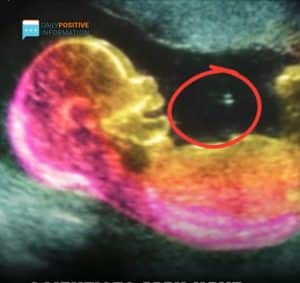New research suggests a mother’s gut microbiota may play a key role in the development of autism in her child. The study, published in The Journal of Immunology, found that gut bacteria can influence brain development in the womb through an immune molecule called IL-17a — known for its role in inflammatory diseases like psoriasis and multiple sclerosis.
Using mice, scientists showed that mothers with certain gut bacteria triggered stronger IL-17a responses, leading to autism-like behaviors in their offspring. When this gut flora was transferred to other mice, their pups developed the same traits.
While the research is still in early stages and limited to animals, it highlights the potential importance of maternal gut health during pregnancy.

Experts caution that directly blocking IL-17a could carry risks, but identifying safe ways to support a healthy microbiome in expectant mothers may be a promising path forward.





